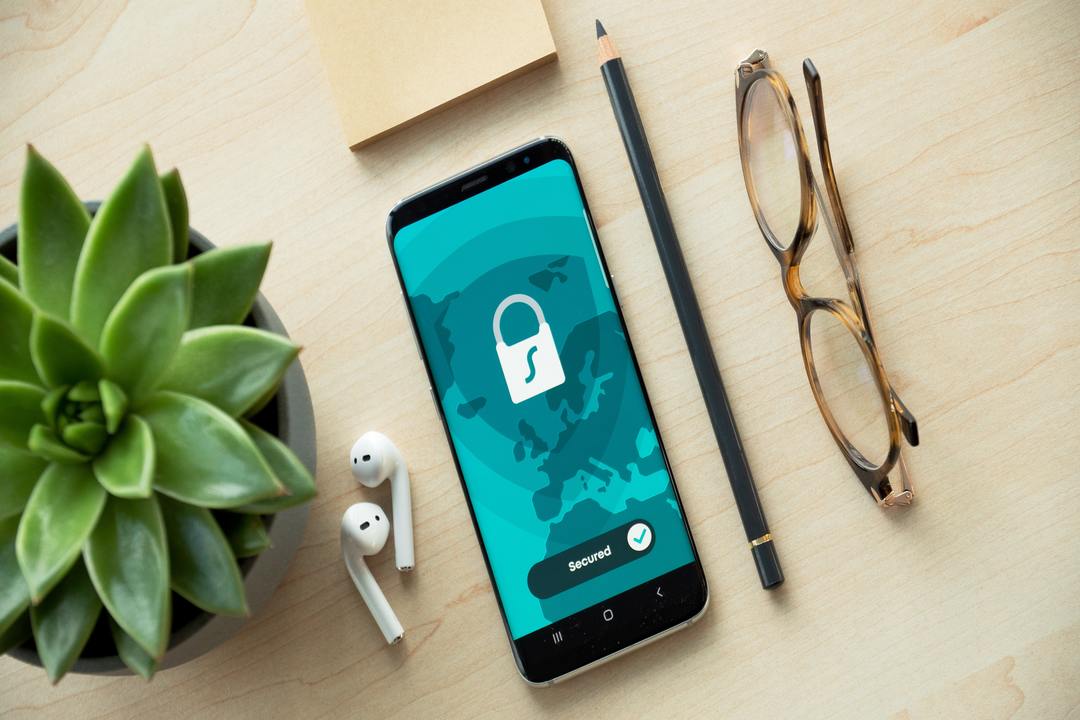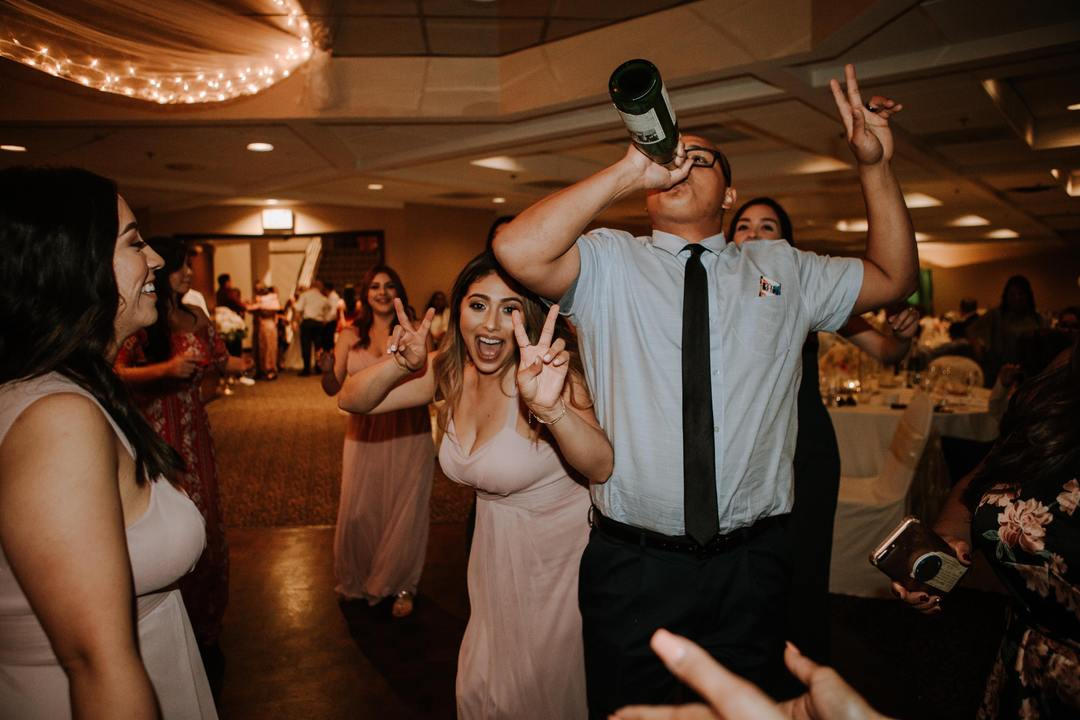- Expert advice/
- Wedding planning 101/
- Wedding websites/
- Should You Password Protect Your Wedding Website?
- Wedding websites
Should You Password Protect Your Wedding Website?
Not sure if you need to password protect your wedding website? Here are the pros and cons of password protecting your wedding website and a guide on how to set one up yourself.
Last updated February 5, 2024

Before you cross “build our wedding website” off of your wedding planning checklist, ask yourselves one final question: Should we password protect our wedding website? If you’re okay with having all of your information publicly available, you can skip right over this one, but if you’re not sure you want all the details spelled out for anyone, think about limiting your audience to invited guests only.
Not sure? We’re here to help by offering a look at the pros and cons of password protecting your wedding website.
What Is a Password-Protected Wedding Website?
Password protecting your website means the information you put on it will only be available to those who can enter the password. (That means invited guests only!)
You can include the password with your wedding invitation, save the date, or wherever you send out the URL to your website, so guests will be able to use it.
If you do choose to password protect your own wedding website, use a password that’s accessible to guests, but not easy enough for anyone to guess. (The date of your wedding plus your last name works well.)
Why Use a Password?
There are a few reasons to consider using a password:
Your Website Is Under Construction
While you’re still working on your website and making it look amazing, it may be visible via search if a wedding guest is looking for it. If you don’t want to share any details until you’re ready for a grand reveal, secure the site with a password only you and your partner know. Often, this is the path of least resistance, since you’ll inevitably get less questions from curious relatives—like “When are you going to add travel information?” or “Why don’t you have more gifts on your registry yet?”
You Need to Limit the Number of Guests
Unless you have an infinite wedding budget to work with (lucky you!) you’re likely going to have to limit your guest list. That might mean co-workers or even distant relatives don’t make the cut. Even though it’s not personal, feelings can still get hurt. Having a password on your website means uninvited guests won’t be able to see it.
You Don’t Want Certain Individuals to Have Access
Having a password keeps all of your personal details safe and prevents busy-bodies (like curious exes!) from accessing any wedding information you’re not comfortable sharing.
You Want to Prevent Wedding Crashers

It was funny when Vince Vaughn and Owen Wilson did it, but real life wedding crashers are no joke. If you plan to display your wedding date and venue location on your wedding site, consider a password to prevent crashers.
Keep Your Personal Life Private
If your own wedding website is searchable online and you don’t have a password, be aware that some private information will be available to anyone. If you or your partner works in a field where you don’t want to share your last names, photos, or other private information online, a password is a must.
What Are the Downsides of Using a Password?
It’s inevitable—if you do require every wedding guest to use a password to access your wedding website, some of them are going to lose it or forget it at some point. You will likely have to field multiple texts, calls, or emails asking what the password is. If you’re really busy (and who isn’t when it comes to wedding planning?) and don’t want to deal with this, you might want to skip the password.
How to Password Protect Your Wedding Website

It’s easy to password protect your Zola website. Here’s how:
- Under “account” on the top right hand side of Zola.com, click on “privacy settings.”
- Scroll down to “website password.”
- Click “yes” under “Do you want your wedding website password protected?”
- Enter the password you’d like to use.
- Send your guests a personal note explaining where they can find the password. (“Look on the invitation or save the date!”)
*You can also choose if you want your wedding website to show up in search engines or make it searchable on Zola. Find more info about that here. *
- Expert advice/
- Wedding planning 101/
- Wedding websites/
- Should You Password Protect Your Wedding Website?
Find even more wedding ideas, inspo, tips, and tricks
We’ve got wedding planning advice on everything from save the dates to wedding cakes.
